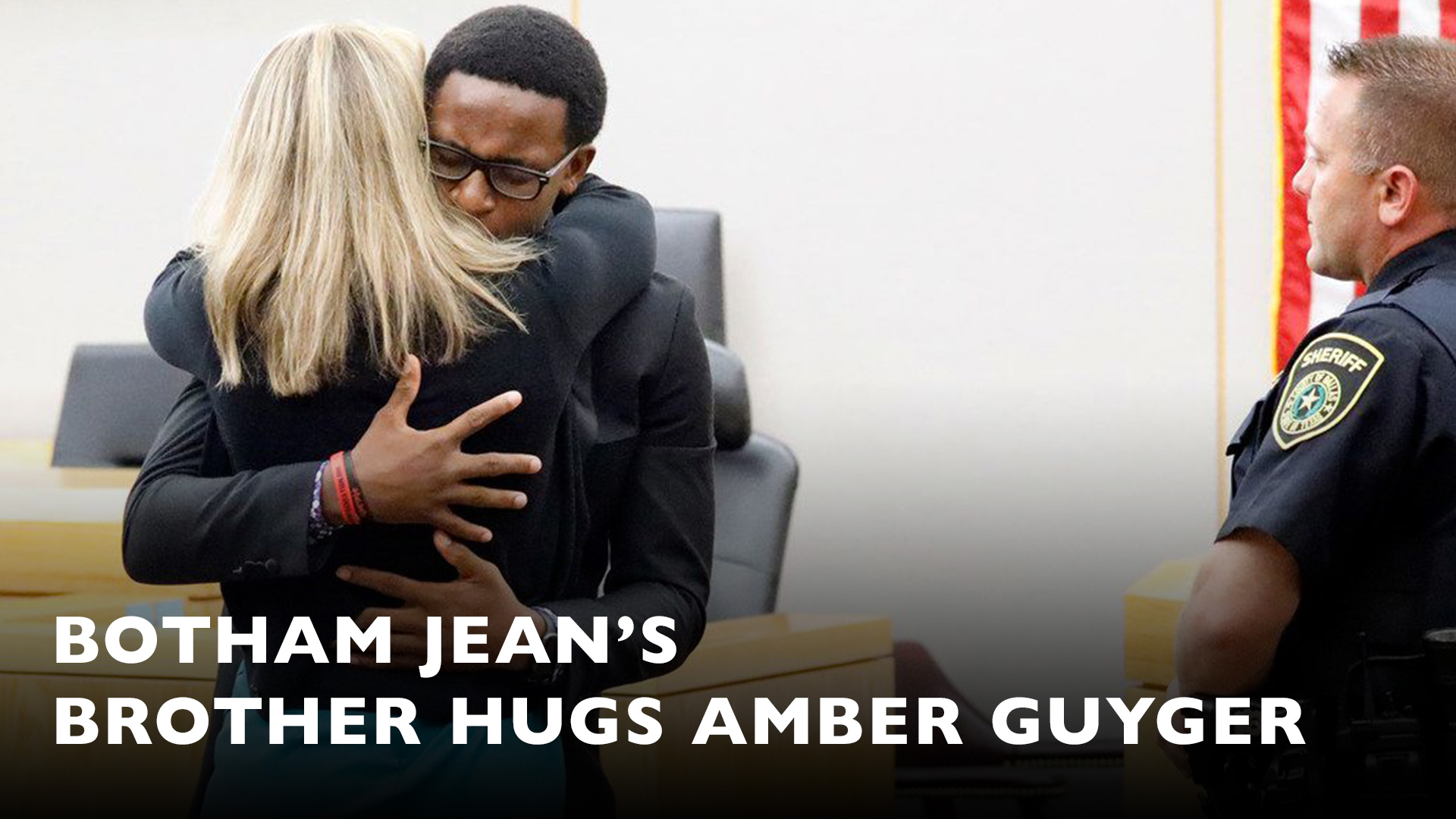By Pastor Mark Tanious

Whoever covers an offense seeks love, but he who repeats a matter separates close friends. Proverbs 17:9
At its core, love covers offenses. Love is the only explanation as to why you would release someone from the debt they created by wronging you. Forgiveness is at the heart of love. We know this because Jesus came to show us what true love looks like. “Greater love has no one than this, that someone lay down his life for his friends” (John 15:13). Jesus covered our offense (sin) by laying down his life. That’s true love. But, Jesus also gives us this command: “That you love one another: just as I have loved you” (John 13:34).
Notice what our fighter verse says about covering an offense. The opposite of forgiveness is repeating a matter. When we bring up what someone has done that shows we might still be struggling with unforgiveness. Often when we are wronged, we will mull over it in our heads. We are repeating the matter to ourselves.
We also find ways to remind the person who hurt us what they have done. We do this through our words (or silent treatment), our actions, and our attitudes. We are repeating the matter to them. Often, we bring up the offense to others. We share our frustration. It’s one thing to do this in a healthy small group setting, which can be appropriate as others seek to minister to our hearts. It’s another thing to bring it up in such a way as to paint someone in a negative light. We are repeating the matter to others.
When you truly love someone, you are willing to sacrifice something for the sake of the relationship. This is what we need today in the church. We need followers of Jesus Christ who love one another so deeply, they are willing to make sacrifices in order to preserve our relationships. We need people who are convinced that our unity in the gospel is so deep that our disputes cannot shake that foundation.
If you understand the implications of this, you realize that being part of a covenant community like the church is radically counter-cultural. It requires a dependence on the all-sustaining grace of God. It requires death to self. But, praise God that our union with Christ gives us resurrection power to do what was once impossible. And when we fail to do this, we praise God that his resurrection power has delivered us from the condemnation of our failures. The more we experience the forgiving love of Christ, the more we will be able to offer forgiving love to others.








